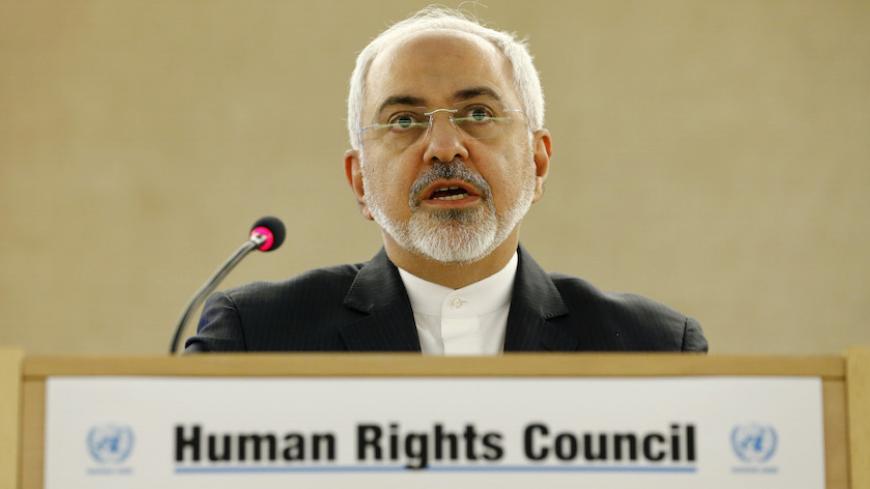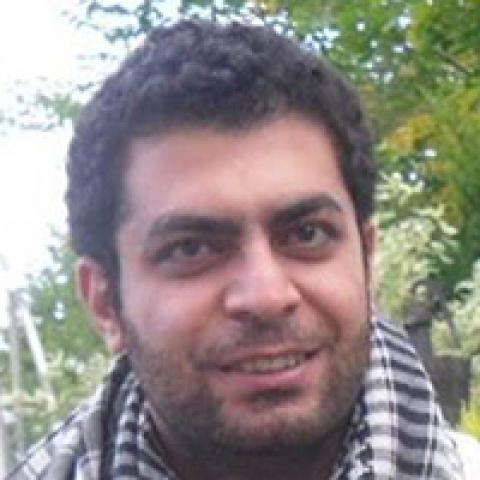The April 2 Lausanne agreement between Iran and six world powers is still the focus of political activists both outside and inside Iran. Amid speculation on how a final nuclear deal will impact life inside Iran, Supreme Leader Ayatollah Ali Khamenei, in an April 9 speech, once again expressed his skepticism and distrust of the United States. Yet, he also said, “Of course, this is an experience. If the other side refrains from its bad behavior, then we can continue this experience in other issues as well. However, if they continue to behave as they have in the past, it will only increase our distrust of the United States.” He expressed his support for the negotiating team, but also added that “nothing has happened yet.”
Prior to Khamenei’s speech, other figures had announced their support for the outcome of the framework agreement, like Majles speaker Ali Larijani, Chief of Staff of the Iranian Armed Forces Hassan Firouzabadi and commander of the Islamic Revolutionary Guard Corps Maj. Gen. Mohammad Ali Jafari.



